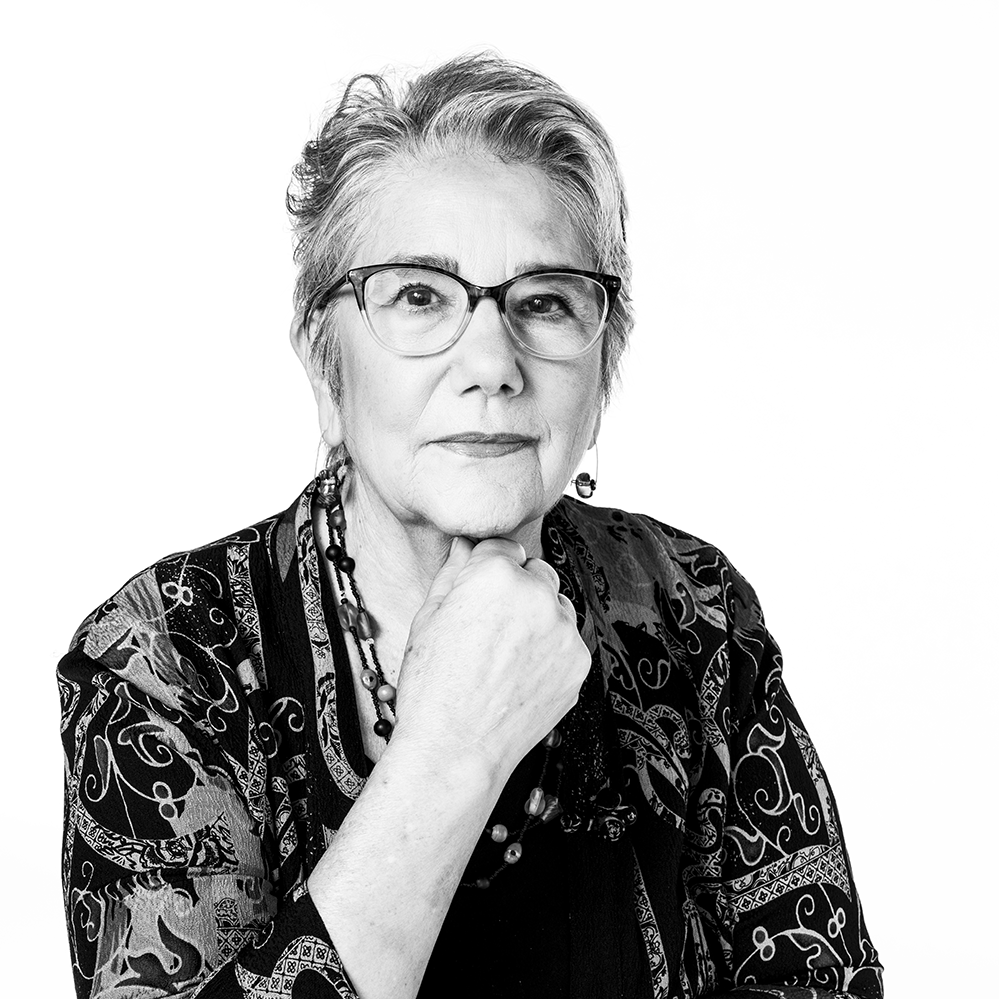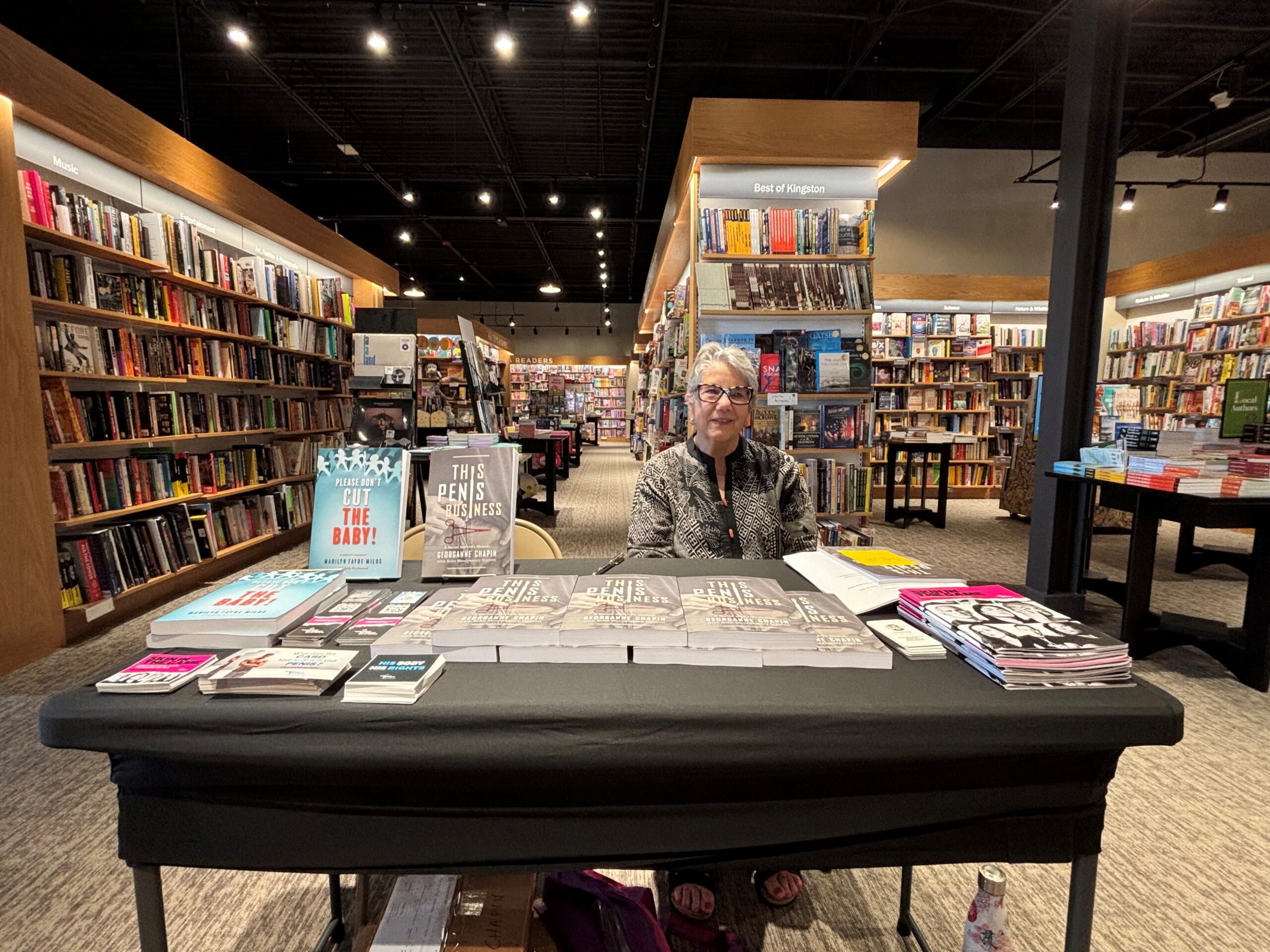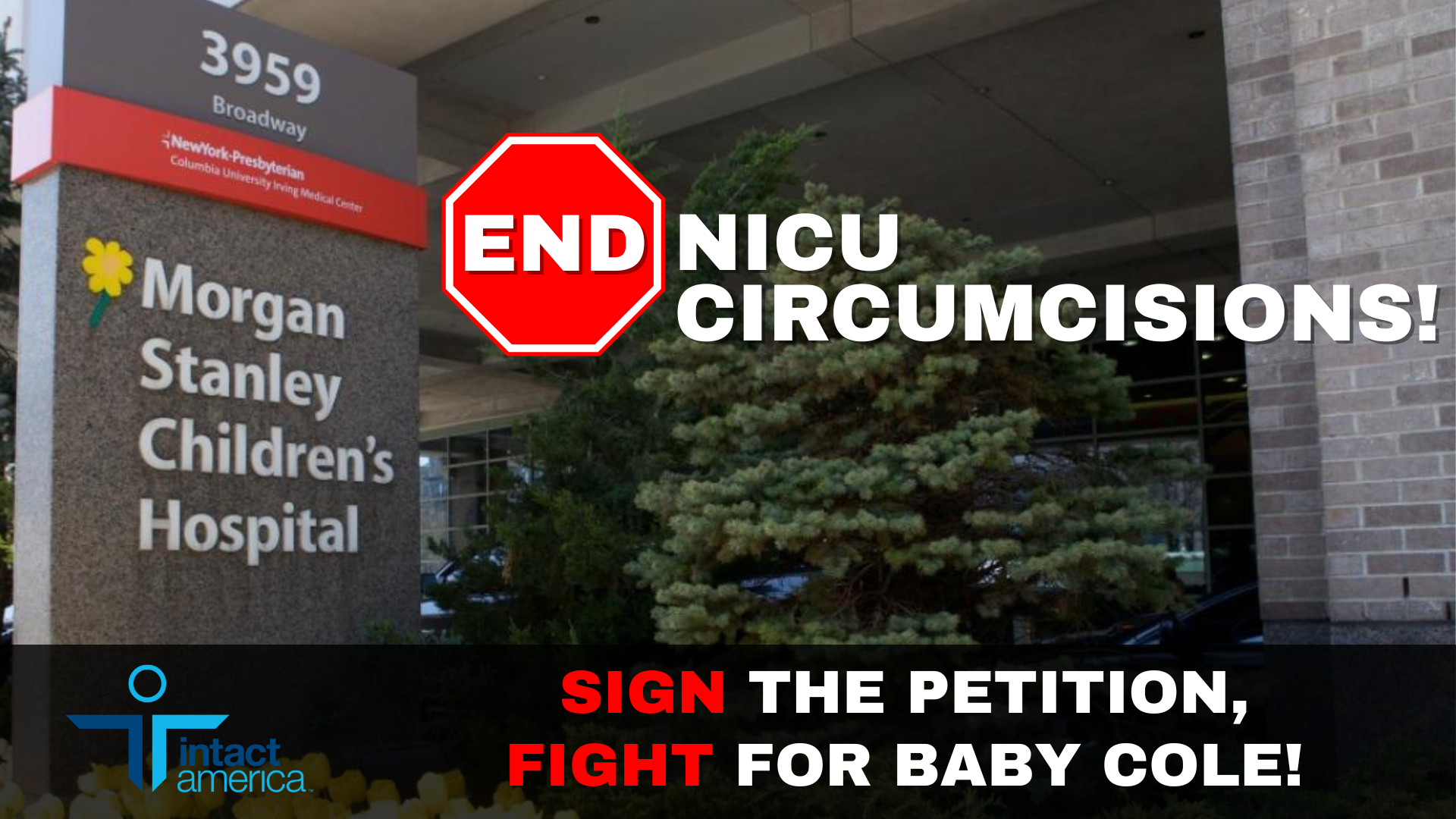 In the face of the COVID-19 pandemic, the American College of Surgeons released an advisory recommending that that hospitals, health systems and surgeons “thoughtfully review all scheduled elective procedures with a plan to minimize, postpone, or cancel electively scheduled operations… or other invasive procedures.” In addition, the ACS called on facilities to “minimize use of essential items needed to care for patients,” among these “personal protective equipment” (e.g., sterile gloves and masks) and cleaning supplies.
In the face of the COVID-19 pandemic, the American College of Surgeons released an advisory recommending that that hospitals, health systems and surgeons “thoughtfully review all scheduled elective procedures with a plan to minimize, postpone, or cancel electively scheduled operations… or other invasive procedures.” In addition, the ACS called on facilities to “minimize use of essential items needed to care for patients,” among these “personal protective equipment” (e.g., sterile gloves and masks) and cleaning supplies.
Echoing the guidance from the ACS, U.S. Surgeon General Jerome Adams warned that every elective surgery could spread coronavirus within the facility, [and] use up protective medical gear as public officials worry about shortages and burden a hospital workforce who “may be needed” to respond to COVID-19.
On March 16, the American College of Obstetricians (ACOG) joined several other medical societies in issuing a similar statement, endorsing the Surgeon General’s warning.
If we applied the advice of the ACS, ACOG and the Surgeon General every day — not just in times of crises or pandemics — the “routine,” elective genital cutting of children would simply end.
Just like in the United States, during the 1930s and ’40s circumcision took hold in Commonwealth countries. Then World War II caused economic collapse in England, leading to the creation of the British National Health Service — a system where every procedure and every treatment was scrutinized for its cost and potential benefit. That’s how male circumcision there went by the wayside. Cutting out the funding of the risky, harmful and unnecessary amputation of baby boys’ foreskins ended up benefitting British boys and men for the rest of their lives, while saving resources for people with true medical needs.
It’s estimated that more than a billion dollars are squandered each year in the United States on amputating baby boys’ foreskins and repairing the most immediately obvious functional and cosmetic blunders. (If you’re thinking “only a billion,” note that this sum could buy 31,400 high-acuity ventilators or pay for 378,000 ventilator-dependent patient days.) Long-term costs of circumcision, physical and psychological, are of course much greater.
Whether in times of abundance or of scarcity, no state Medicaid program and no private insurer should be spending taxpayer or premium dollars on gratuitous medical interventions. If there is any silver lining to the COVID-19 pandemic it will be relegation to history of the nation’s most common and utterly unnecessary pediatric surgery.








Dan Bollinger
March 26, 2020 3:07 pmSadly, some good may come from critically reviewing healthcare resources and necessities like permanently canceling hospital genital cutting for boys (aka circumcision).
PL
April 1, 2020 4:28 amIt is surprising that America´s most common surgery (infant circumcision) is not once mentioned in guidelines from the Surgeon General or the College of Surgeons. Probably because the procedure is very much ingrained in American Culture and Medicine. Providers reaping money from the procedure most certain have a desire to keep their doings under the radar. I hope that intacticists are numerous enough to monitor local OB-clinics and put some pressure on.